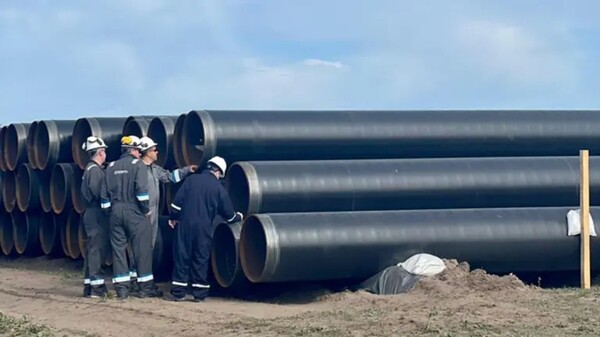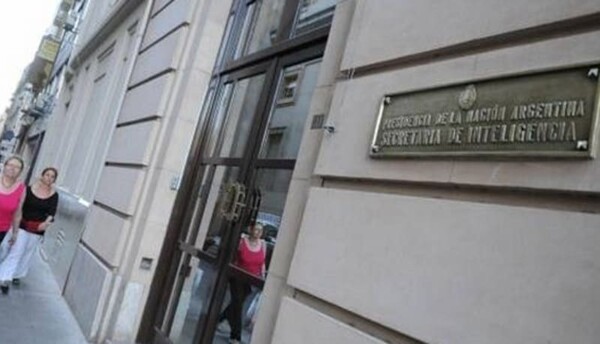
Impunity in Argentina has been attributed to judges like Lijo. The province of Buenos Aires has become a refuge for corrupt and authoritarian individuals, where murderers are honored. Now, the K and the left are trying to expel Castello from the Legislature for stating a true and documented claim.
"It is essential to fight against them," points out a critic. Argentina seeks to leave behind the chavismo of the K. The government aims to remove all Peronist symbolism from public buildings, considering it fascist. This change reflects a shift in the struggle against corruption and authoritarianism.
The presence of Peronist imagery in public spaces generates controversy in Buenos Aires. The challenge lies in combating intolerance and waste in political campaigns. Lijo's appointment to the Court is seen as a risk to the fight against corruption, as his record does not support this cause.
The government has taken measures against waste and impunity, such as changing the names of cultural centers and dissociating from Peronist symbols. The aim is to avoid fueling hatred and corruption. The significance of these decisions resonates in the cultural battle that Argentina is experiencing.
In this context, the need for fiscal responsibility and transparency is emphasized. The criticism focuses on the high taxes and expenses of the PJ, which disproportionately affect citizens. The removal of figures like Evita and Néstor Kirchner from public spaces marks a change in the prevailing mentality.
The controversy over tributes to controversial figures like Walsh highlights the political and cultural divergences in the country. Argentina seeks to strengthen its relationship with the U.S. while grappling with its political past and present. Truth and justice seem to be the pillars upon which a more transparent and ethical future is being built.














